Summaries of books about Biology:
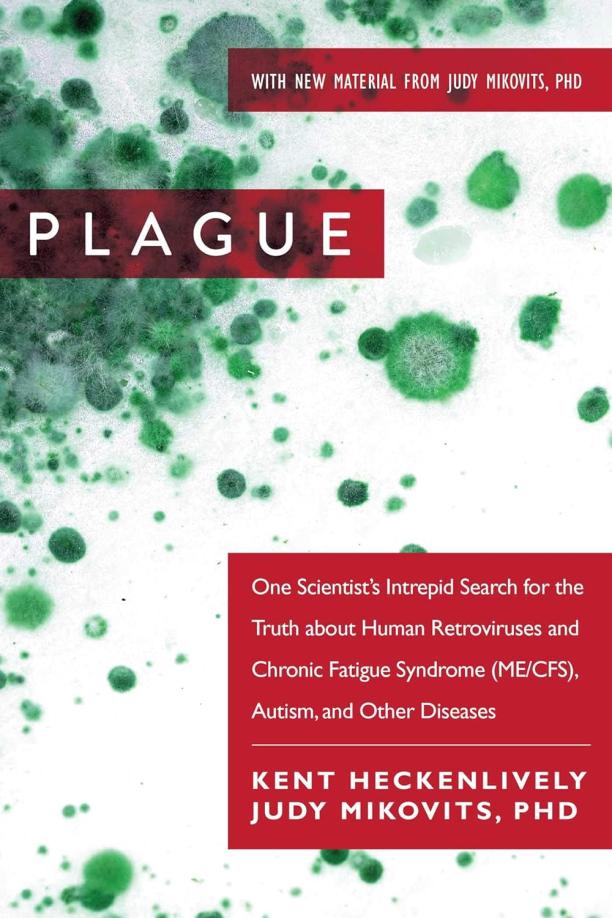
Plague
One Scientist's Intrepid Search for the Truth about Human Retroviruses and Chronic Fatigue Syndrome (ME/CFS), Autism, and Other Diseases
Kent Heckenlively|Judy Mikovits
The book delves into Judy Mikovits' research on the possible link between retroviruses and a range of chronic diseases, including ME/CFS and autism. It chronicles her controversial journey in the scientific community as she faces both professional challenges and legal battles while advocating for a paradigm shift in understanding these illnesses.
See full summary
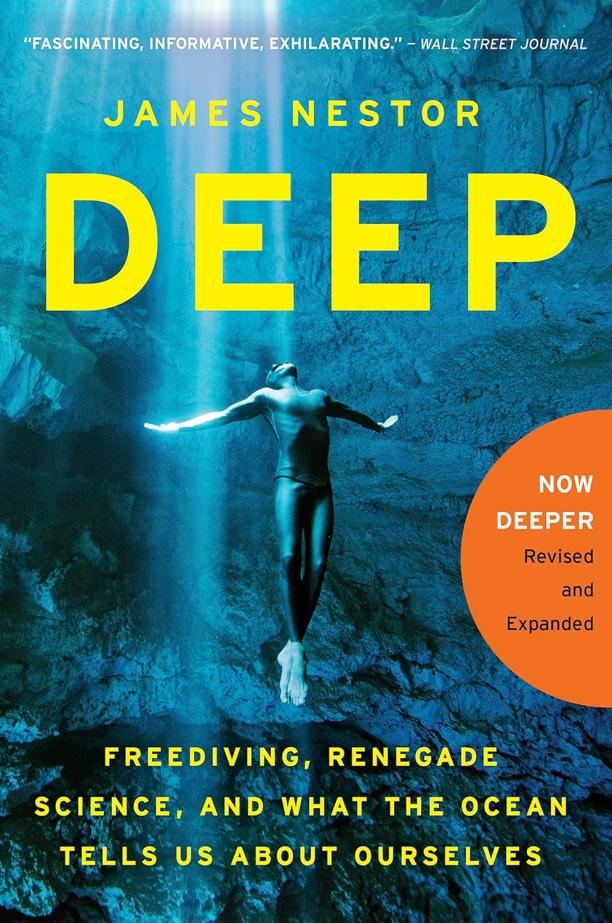
Deep
Freediving, Renegade Science, and What the Ocean Tells Us About Ourselves
James Nestor
The book explores the world of freediving and the human connection to water, delving into the physiological and psychological aspects of diving deep without oxygen. It also examines the groundbreaking marine science that freedivers help advance, revealing surprising insights about the ocean and our own potential.
See full summary
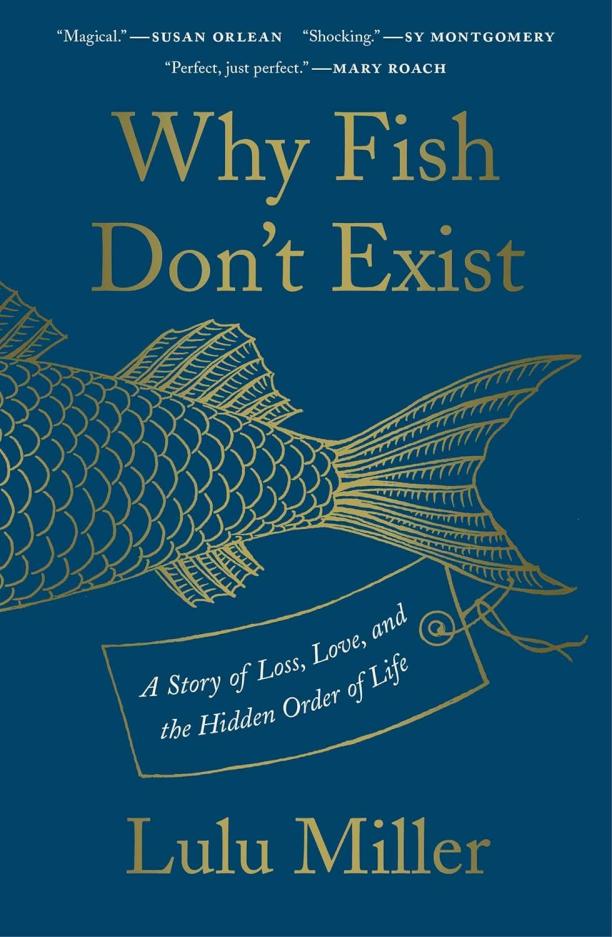
Why Fish Don't Exist
A Story of Loss, Love, and the Hidden Order of Life
Lulu Miller
The book intertwines the biography of taxonomist David Starr Jordan with the author's personal reflections on chaos and order in life. It explores themes of scientific discovery, existential crises, and the human desire to find meaning amidst life's unpredictability and the arbitrary nature of categorization.
See full summary
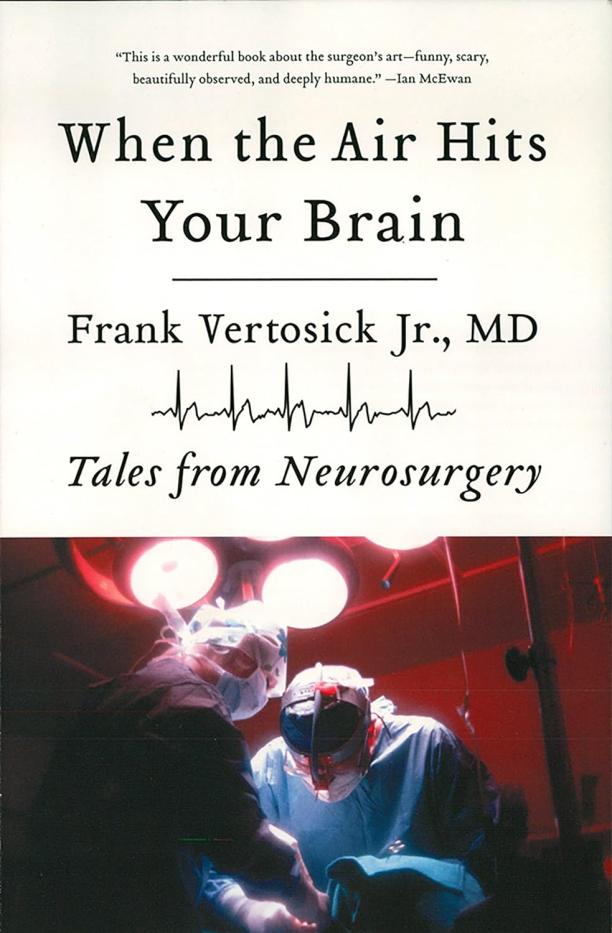
When the Air Hits Your Brain
Tales from Neurosurgery
Frank T. Vertosick Jr.MD
The book is a collection of real-life stories that provide an intimate look into the world of neurosurgery, detailing the triumphs, failures, and emotional complexities a neurosurgeon faces. It offers insights into the challenges of brain surgery and the profound impact it has on both the patients and the surgeon.
See full summary
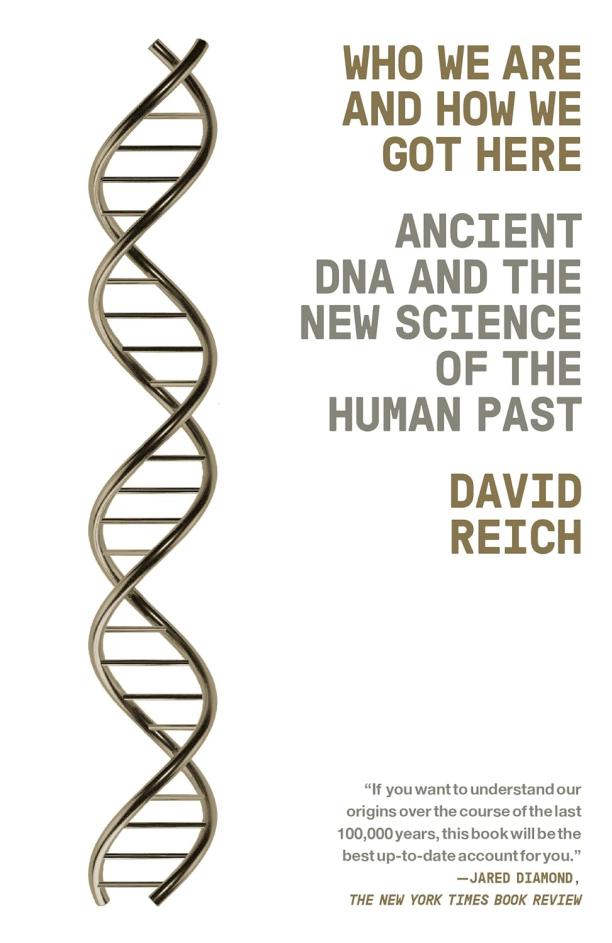
Who We Are and How We Got Here
Ancient DNA and the New Science of the Human Past
David Reich
The book delves into the revelations of human history and migration patterns uncovered through the analysis of ancient DNA, transforming our understanding of prehistory and the complex ancestries of modern humans. It discusses groundbreaking genetic research and technology, shedding light on previously unknown aspects of human evolution, interbreeding with archaic species, and the spread of peoples across continents.
See full summary
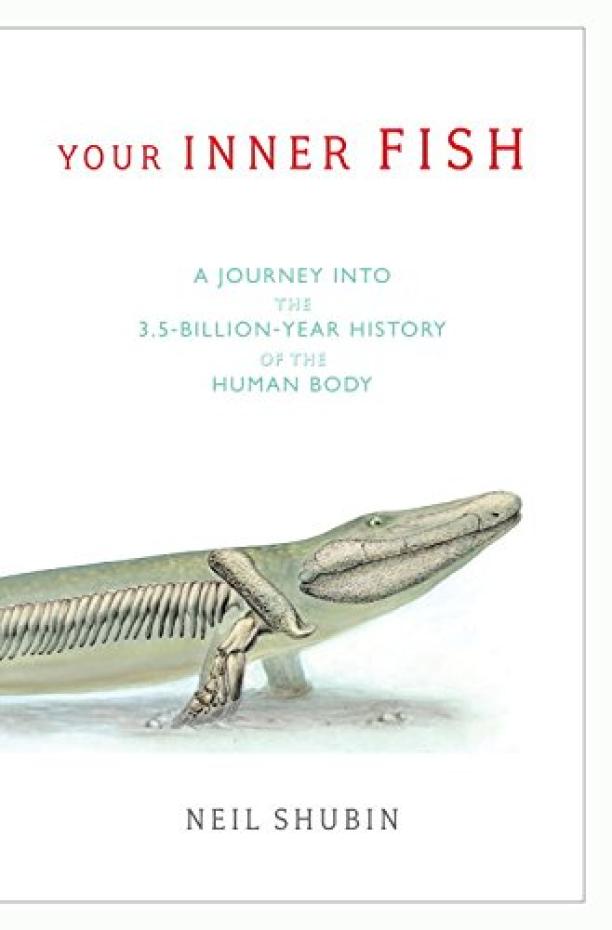
Your Inner Fish
A Journey into the 3.5-Billion-Year History of the Human Body
Neil Shubin
The book explores the deep evolutionary connections between the human body and ancient fish, tracing the development of various anatomical features through the fossil record and genetic links. It reveals how our limbs, ears, and other organs share a fundamental heritage with distant aquatic ancestors.
See full summary
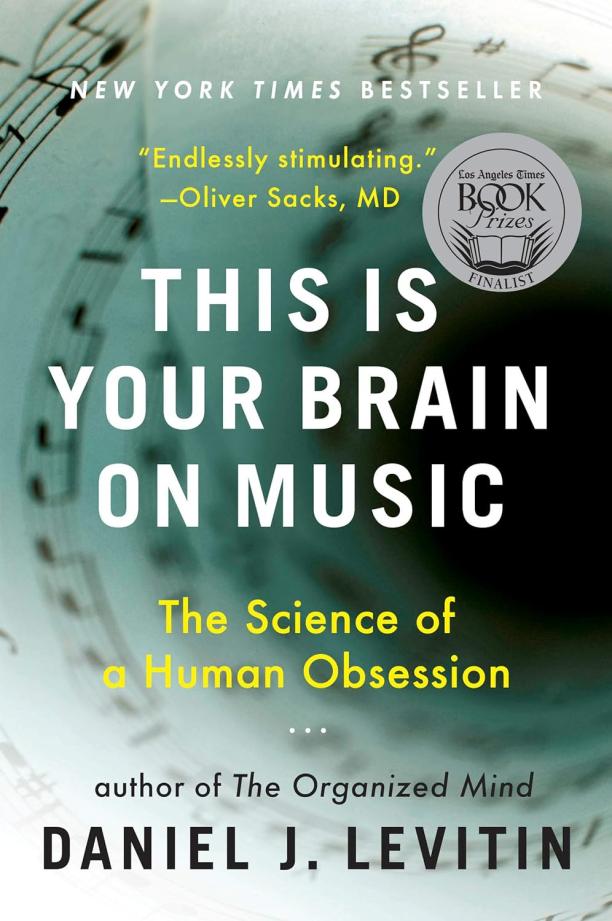
This Is Your Brain on Music
The Science of a Human Obsession
Daniel J. Levitin
The book explores the neurological underpinnings of music, examining how the brain perceives and processes music, its impact on emotion and memory, and why music is a fundamental component of human culture. It delves into the science of hearing, the psychology of sound, and the intricate relationship between music and the mind.
See full summary
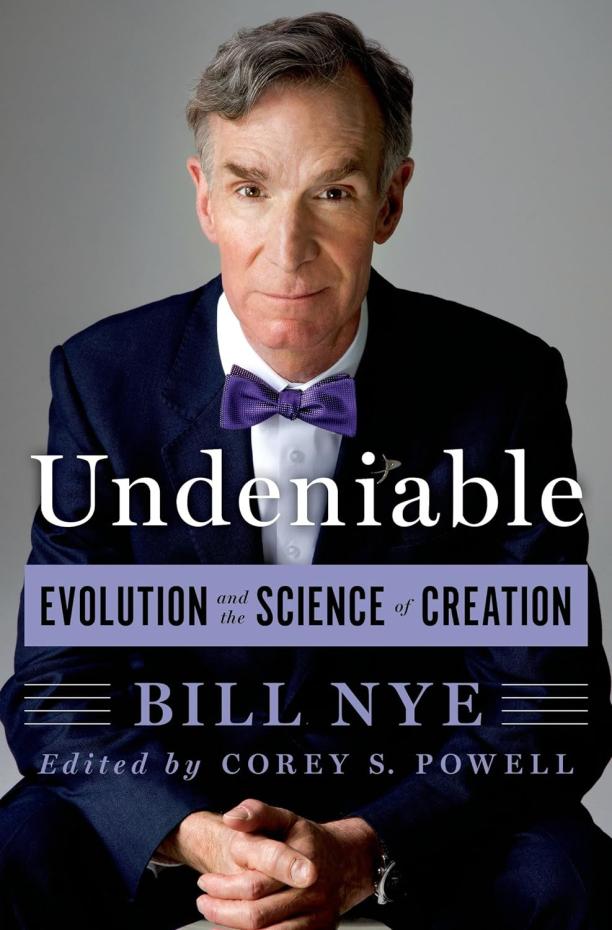
Undeniable
Evolution and the Science of Creation
Bill Nye
The book presents a robust defense of the theory of evolution while challenging creationist arguments, using accessible explanations and engaging anecdotes. It emphasizes the importance of scientific literacy and critical thinking in understanding the natural world and the process of evolution.
See full summary

The Sound of a Wild Snail Eating
Elisabeth Tova Bailey
The book is a memoir that recounts the author's observations and reflections on life while bedridden with a chronic illness, through the intimate lens of her relationship with a wild snail that lives by her bedside. It explores themes of nature, the meaning of existence, and the resilience of life, all inspired by the tiny creature's habits and survival.
See full summary
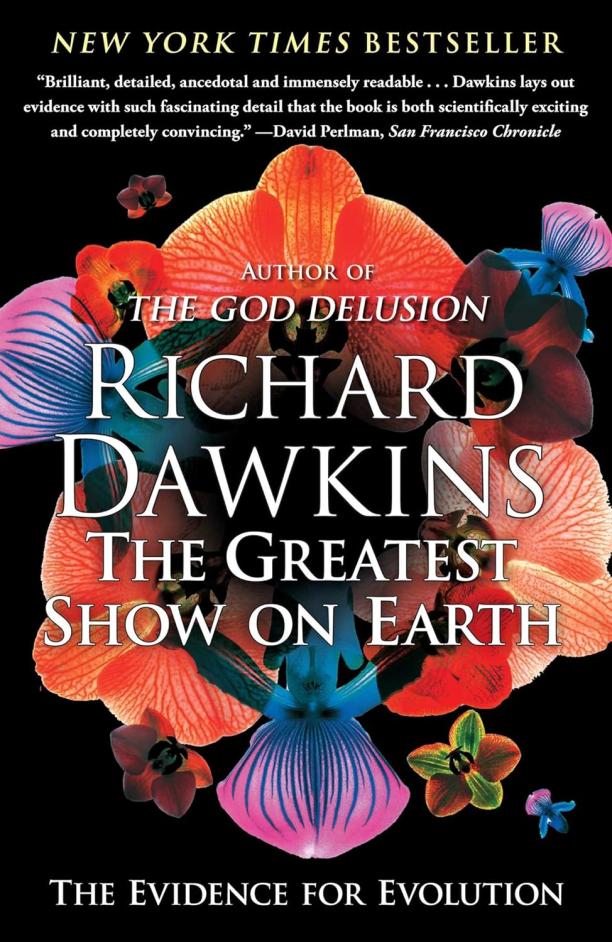
The Greatest Show on Earth
The Evidence for Evolution
Richard Dawkins
The book presents a comprehensive overview of the evidence supporting the theory of evolution, drawing from various scientific disciplines including genetics, paleontology, and comparative anatomy. It aims to illustrate the process of natural selection and counteract creationist arguments by showcasing the wealth of data that underpins the scientific consensus on the history of life on Earth.
See full summary